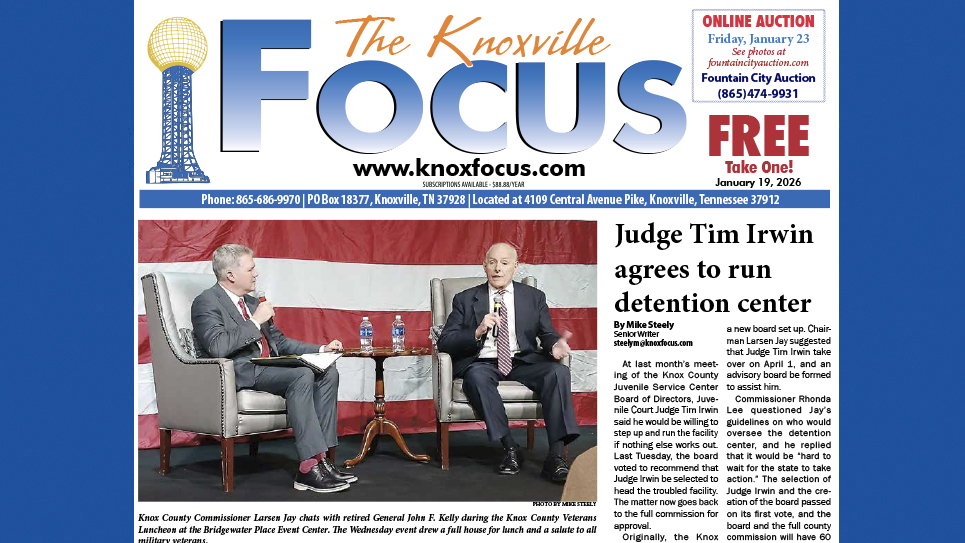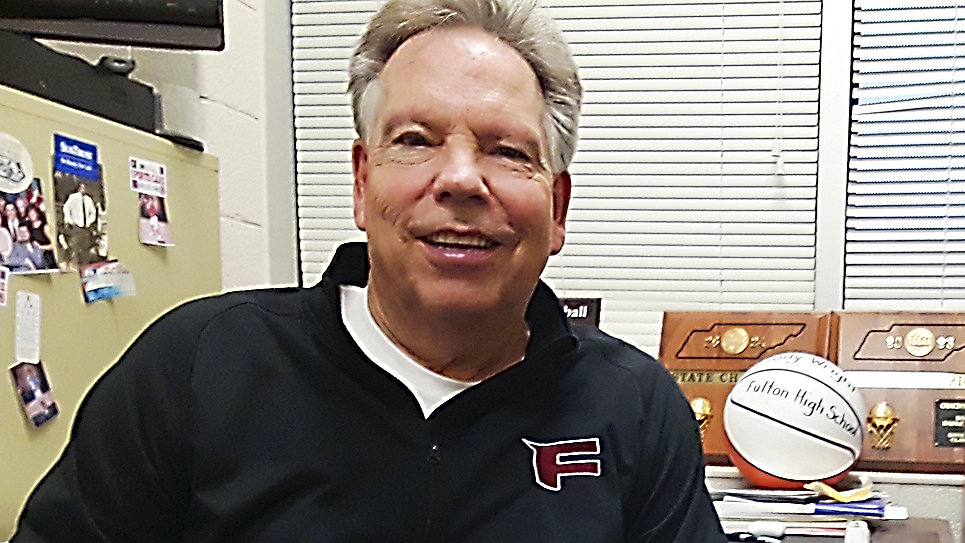The Come Apart
If I read a book and it makes my whole body so cold, no fire can warm it, I know that it is poetry.
Emily Dickinson
Boo Radley came out last week, but it was not Harper Lee’s reclusive character from her classic novel “To Kill a Mockingbird,” which remains on my top 10 list of must-reads. The movie starring Gregory Peck was also sensational. But you may not know that the famous actor Robert DuVall played the reclusive character Boo Radley in the movie. It was Boo who overcame his apparent agoraphobia and heroically saved his young neighbor, Scout.
Wordsmithing is an art form that many aspire to, but few achieve. My favorite poet is Emily Dickinson and her artistry is revealed as she describes shivers, the tingling you get from feeling loved, seeing a beautiful sunset or, for me, hearing the adagio from Rodrigo’s “Concierto de Aranjuez.” If you want to experience shivers, listen to this hauntingly beautiful piece of music on YouTube. The music builds and builds and then washes over your soul. It may be the best eleven minutes of your day.
Writers sometimes use the literary technique of misdirection to lead the reader in one direction and then ultimately take them in another. It is a technique to keep the reader engaged and wondering where the story is going. So, it wasn’t the fictional Boo Radley who “came out” last week, it was my wife after being provoked.
An extended family member has been very ill and hospitalized for more than three weeks. Unfortunately, staffing and scheduling issues had produced a bureaucratic logjam resulting in the delay of a critical procedure. And that’s what caused the usually calm and lovely Becky to experience a “come apart.”
I love colloquialisms, defined as local or regional expressions. While in Memphis, Tennessee, for medical school and post doc internal medicine residency, I came upon many fascinating colloquialisms. In Memphis, a “bealed ear” was vernacular for a middle ear infection. “Bad blood” was syphilis. “Sick-as-hell” anemia was sickle cell disease and a “rise’n on the pajama” was a boil in, let’s just say, a sensitive private area below the waist.
It’s probably easier to discern the meaning of Becky’s “come apart” which arose out of frustration. Actually, BB kept her cool, yet was assertive and overcame the bureaucratic logjam enabling our family member to get the necessary procedure. Medicine is not immune to the problems of modernity. And I have come to conclude that no one should enter a hospital these days without family, friends or an assertive advocate.
I used to be an avid trout fisherman and traipsed all over the Smoky Mountains to fish in remote streams. Seasoned fishermen taught me to be alert for bears and to especially avoid a momma bear with cubs. They are dangerous! I remember Sarah Palin who used the momma-bear meme and recommended they not be provoked. Last week, the bureaucracy provoked the momma-bear in my kind wife, who may now be forever remembered as “Bad Becky” instead of BB, her grandmotherly moniker.
I’d like to tell you that our recent experience was a rare event in the current medical care system, but you wouldn’t believe me. Like just about every sector of our modern world there seems to be shortages, delays, limited personnel and a dearth of accountability. There are many good people who try to do their best in difficult situations. However, I’ve come to believe that bigger is not better, whether it’s a church, a hospital system and certainly not our government. I feel for these good people often hampered by bureaucracy.
The movie “Jurassic Park” demonstrated how hubris and complexity sometimes produce unforeseen results and chaos. We realize the squeaky wheel gets oiled, but Becky teaches us the way to overcome a logjam: be pleasant but assertive and appeal to the person or bureaucrat’s sense of decency.
Oiling a squeaky wheel is a figure of speech or language used in a non-literal way or with implied meaning. And the teaching point of calm assertiveness is far more effective at oiling a squeaky wheel than screaming.
Recently, we had to remove a 100-year-old oak tree that was dying and threatening our house, or was it our “home?” asked the young Hispanic man on the tree removal crew. He spoke fluent English, but Spanish was his native tongue and he was seeking the differences between a house and a home. His question intrigued me. We may use the terms interchangeably, but to me, a home is more than a house.
In the last few years, you often hear, “Have a blessed day.” To me the phrase connotes more than just a Forest Gump-esque, “Have a nice day.”
I have often caught myself reflecting on how fortunate I am to have been born in Knoxville, Tennessee, and to have lived here all my life, except when I was in medical school and internal medicine residency. The word fortunate derives from the Latin god Fortuna and connotes a sense of luck, chance or passive bequest. I prefer the perspective of being blessed as an act of God.
Philosophical determinism suggests everything is controlled or external to the will. Taken to an extreme, that perspective might have God causing me to brush my teeth. However, the other extreme of naturalism holds that there is no God and everything is mere chance. I’m somewhere in the middle and leaning toward the former.
So, I claim the perspective of being blessed in so many ways and wish the same for others. I have a George Bailey “Wonderful Life” and a beautiful wife who has never “come apart” on me. Of course, I sometimes whine about the country and the world, but I remain blessed with love, Grace, purpose and enough resources and time. My new church is a blessing and impactful. And my excellent internist is patient and caring; and so is his staff.
So, as Horatio Spafford’s evocative hymn goes, “& It Is Well with My Soul.”






